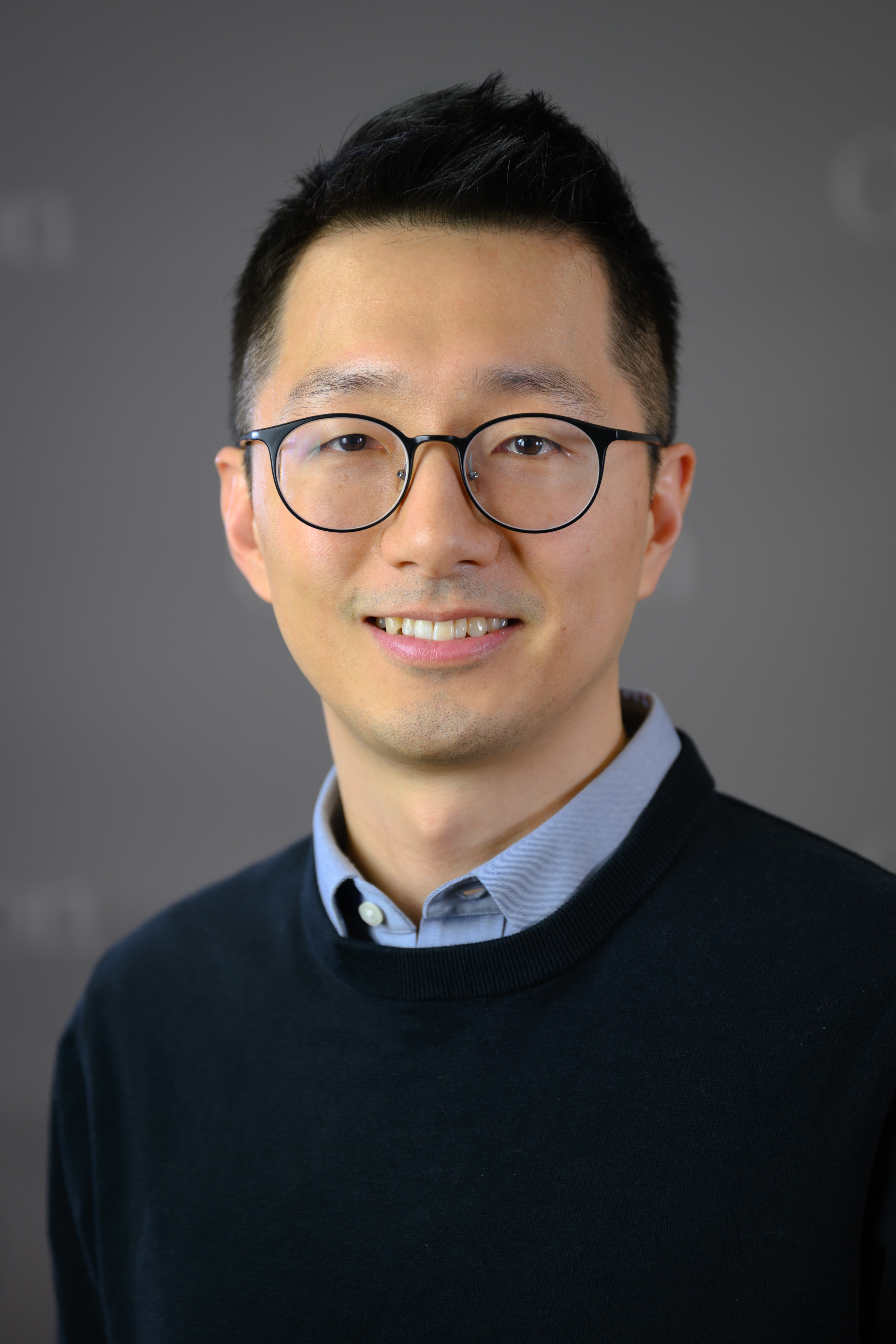Taeyoung Kim Receives Tenure and Promotion to Associate Professor at Clarkson University
Clarkson University has announced that Taeyoung Kim has been granted tenure and promoted from assistant professor to associate professor.

Kim holds a joint appointment between the Department of Chemical and Biomolecular Engineering and the Institute for a Sustainable Environment. His career focuses on developing innovative technologies based on electrochemical principles to address critical challenges at the nexus of water, energy, food, and climate, which are essential for advancing global sustainable development.
Kim received his bachelor's and Ph.D. degrees from the School of Chemical and Biological Engineering at Seoul National University under the supervision of Jeyong Yoon. His doctoral work led to significant findings in electrochemical desalination, including insights into how physicochemical and electrochemical properties of carbon electrodes impact desalination performance.
Before joining Clarkson, Kim completed postdoctoral research in the Department of Civil and Environmental Engineering at The Pennsylvania State University under the supervision of Bruce Logan and Christopher Gorski. His research focused on developing revolutionary approaches to harness energy from unconventional sources such as salinity gradients, CO₂ emissions, and waste heat, using electrochemical principles.
Kim’s current research explores electrochemical separation technologies to address sustainability challenges by developing energy-efficient and target-specific materials and processes. His work addresses major topics such as water desalination, minimized liquid discharge, and resource recovery from unconventional water sources like brackish groundwater, wastewater, and brine. Since establishing the Green Electrochemical Research (GreenER) Lab in 2018, he has advised six Ph.D. students and mentored over 20 undergraduate students.
Kim has led and participated in interdisciplinary research projects, securing more than $1 million in research funding from sources such as the Department of Energy, Bureau of Reclamation, and the National Alliance for Water Innovation. His work has been published in over 30 peer-reviewed articles in leading journals, including Environmental Science & Technology, ACS ES&T Engineering, and Energy & Environmental Science.
